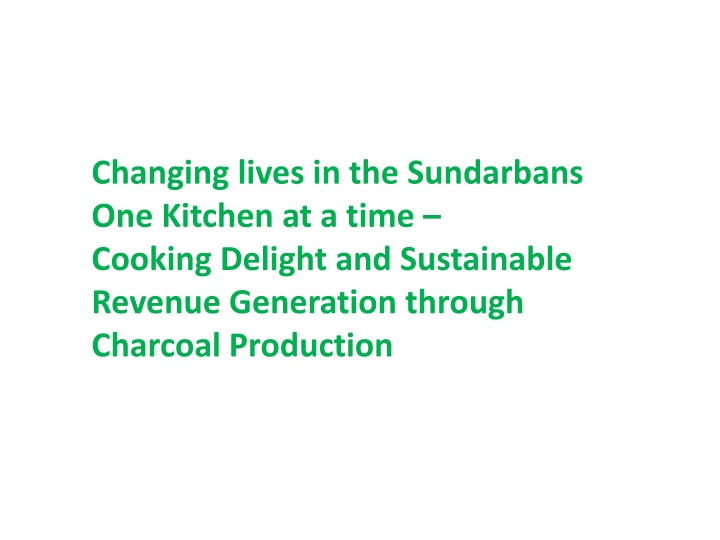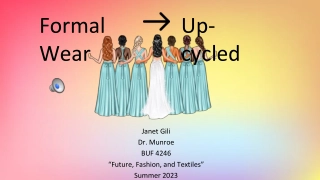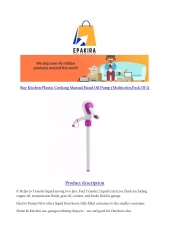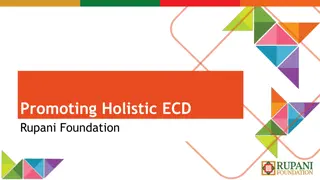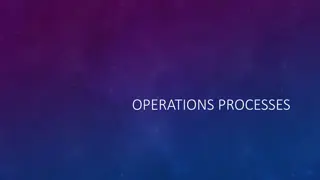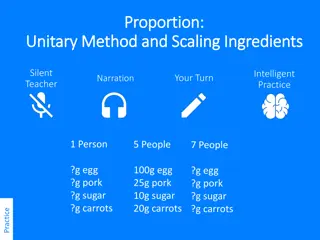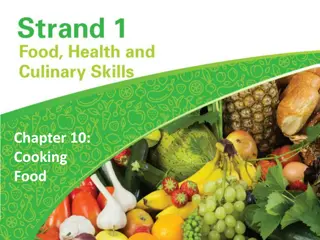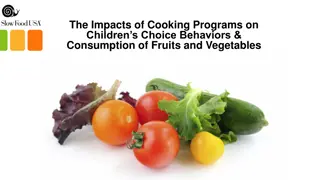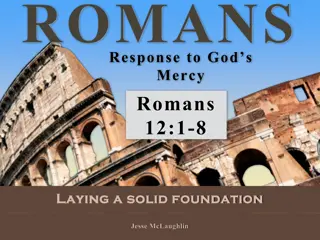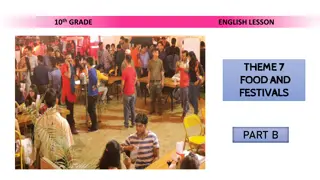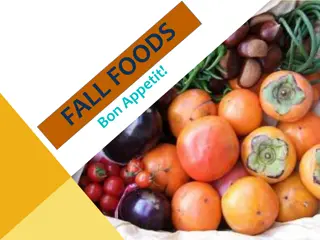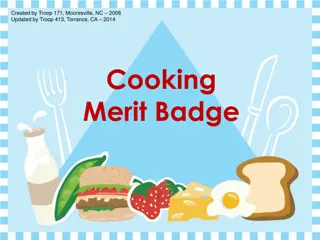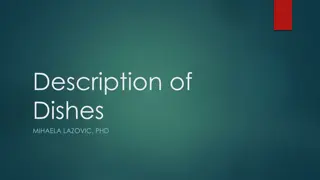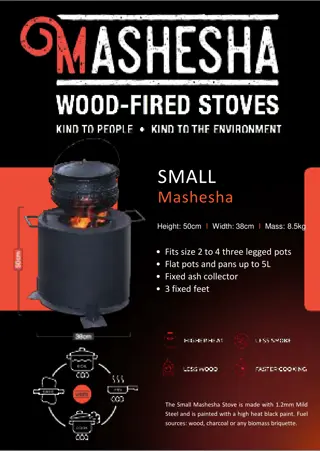Transforming Lives in the Sundarbans Through Sustainable Cooking Solutions
Empowering communities in the Sundarbans, India, with environmentally friendly cooking solutions using micro gasifier stoves. This initiative reduces deforestation, respiratory diseases, and generates sustainable revenue through charcoal production. Partnerships with organizations like Servals and atmosfair enable the implementation of 6000 stoves, creating 40 jobs and producing 140000 kg of charcoal per month. Challenges include achieving self-sustainability by increasing prices, introducing installment plans, and identifying local charcoal usage to reduce costs. The project not only contributes to climate justice through mitigation and adaptation but also addresses barriers like unorganized industry and high costs in the cook stove domain.
Download Presentation

Please find below an Image/Link to download the presentation.
The content on the website is provided AS IS for your information and personal use only. It may not be sold, licensed, or shared on other websites without obtaining consent from the author.If you encounter any issues during the download, it is possible that the publisher has removed the file from their server.
You are allowed to download the files provided on this website for personal or commercial use, subject to the condition that they are used lawfully. All files are the property of their respective owners.
The content on the website is provided AS IS for your information and personal use only. It may not be sold, licensed, or shared on other websites without obtaining consent from the author.
E N D
Presentation Transcript
Changing lives in the Sundarbans One Kitchen at a time Cooking Delight and Sustainable Revenue Generation through Charcoal Production
Problem In the Sundarbans, West Bengal, India, cooking is mostly done on inefficient mud stoves burning firewood. This lead to depletion of forests, respiratory diseases.
Technology Technology: Micro gasifier stove, burns wood gas Clean, comfortable, efficient, generates charcoal
Partners Partners: Servals: Stove producer, in Chennai, social enterprise Sapient: Local implementer, based in Kolkata, Berachampa atmosfair: Funding, through donations for carbon offsets, based in Berlin
Implementation 6000 stoves in the field, 40 jobs created chopped wood sold to users 140000 kg charcoal per month collected from stove users, replaces conventional charcoal made from wood
Challenges Get Self-Sustaining: Increase Prices, introduce installments Local charcoal usage identification to reduce costs Relevance for Climate Justice Is both mitigation and adaptation, since mangrove forests are conserved that protect against storms and floods Uses donations to reduce emissions and create local sustainable business
BARRIERS Need a paradigm shift in the way we think about cook stove domain Creating demand for ICS Awareness campaigns for ICS adoption Unorganized industry High cost barriers
